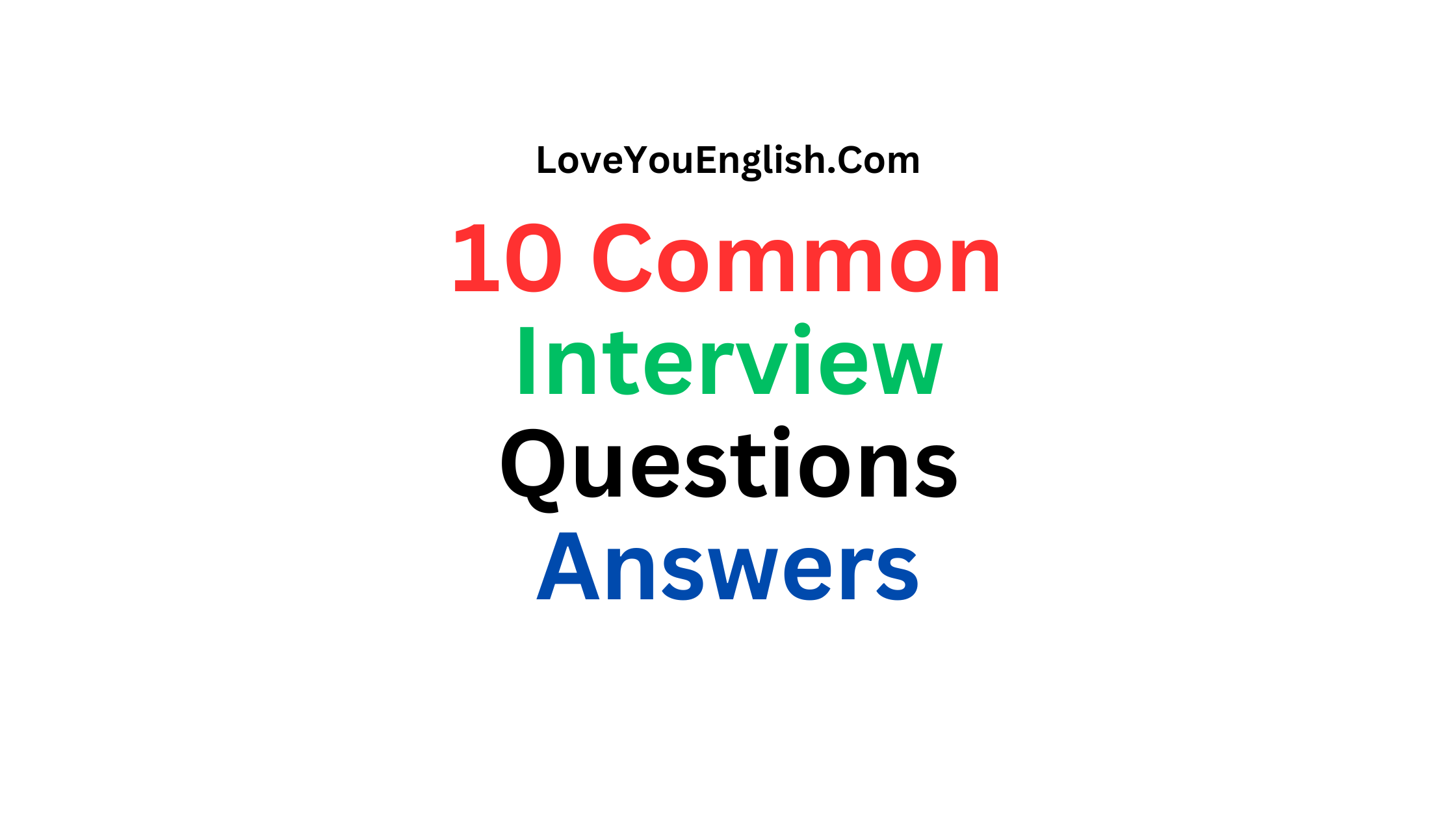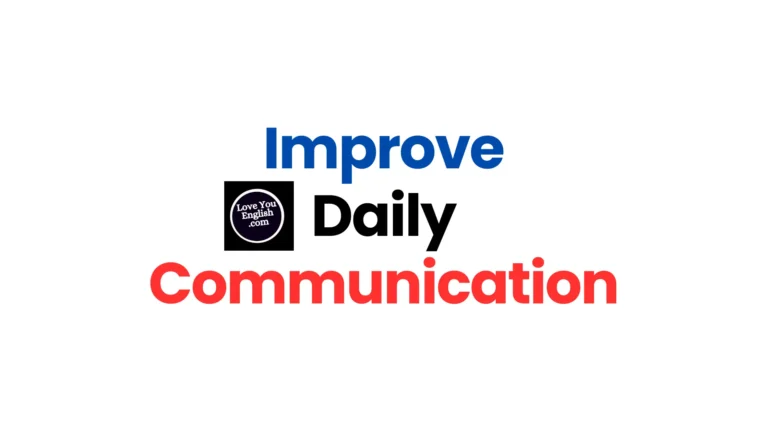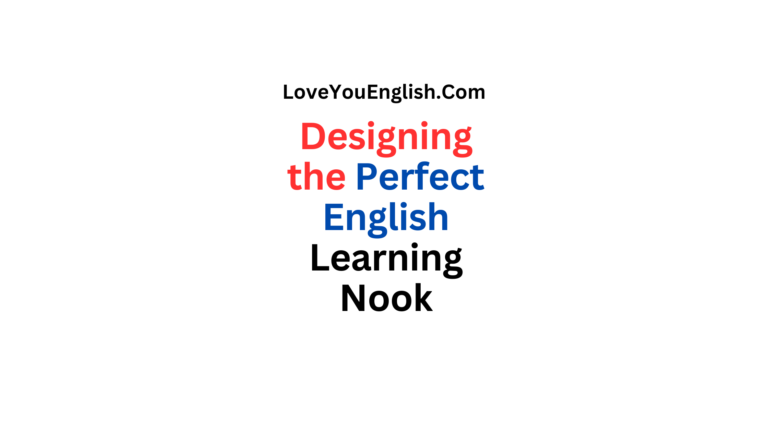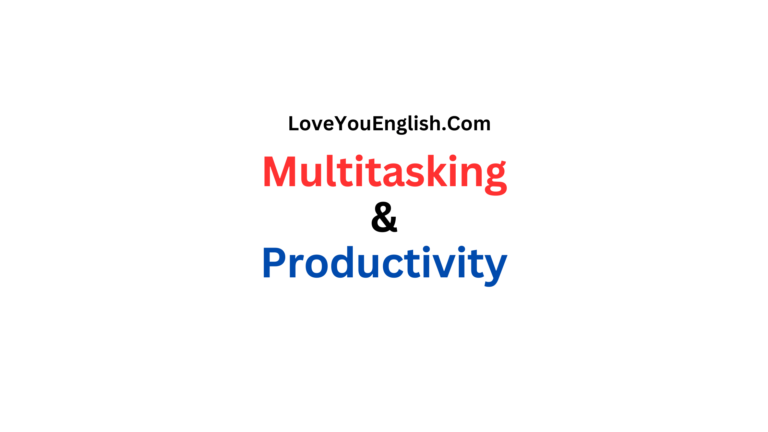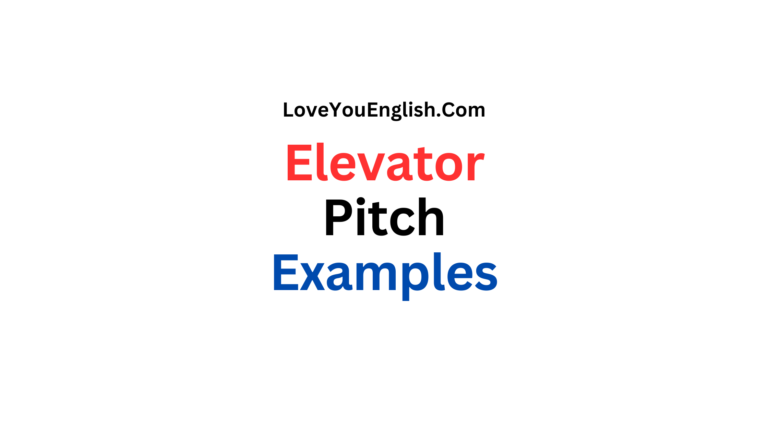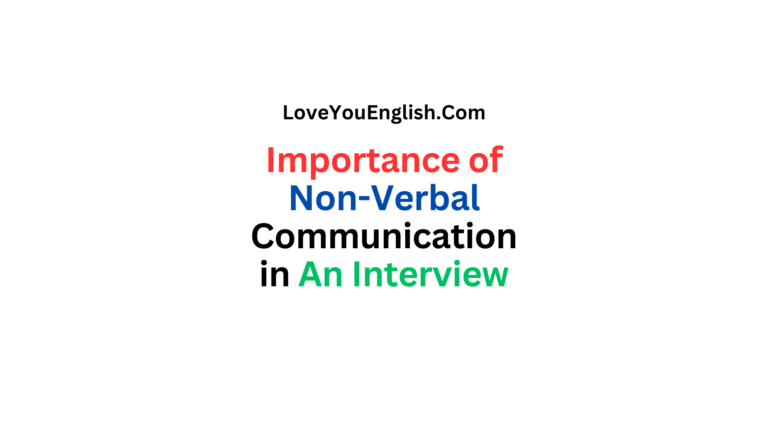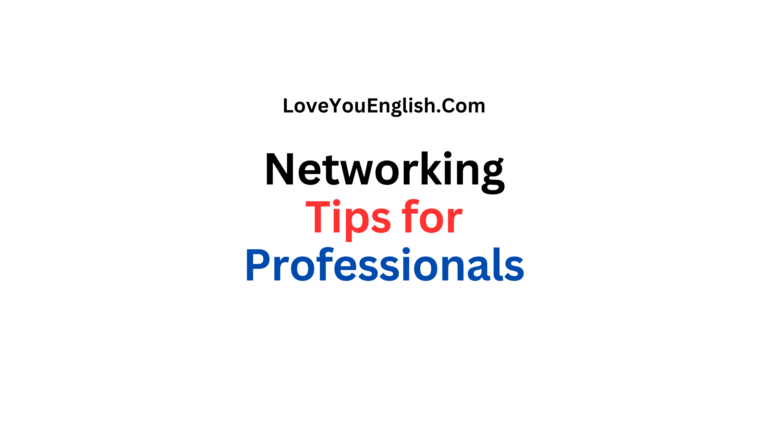Top 10 Personal Interview Questions (Plus Tips for Answering)
Top 10 Personal Interview Questions (Plus Tips for Answering)
Job interviews can be really stressful, but if you prepare well, you can use them to show off your skills, experience, and personality.
A key part of getting ready for an interview is thinking about and practicing answers to common personal questions.
These questions help employers understand your character, work ethic, and how well you might fit in with their team.
In this guide, we will look at the top 10 personal interview questions you might face, give you tips on how to answer them well, and share strategies to leave a great impression on your future employer.
Whether you just graduated and are starting your job search or you’re an experienced worker wanting to change careers, getting good at these questions will really help you get the job you want.
“Tell me about yourself.”
This question is usually a great way to start a conversation and helps shape the rest of the interview.
It’s your chance to give a short summary of your work history and point out your best qualifications.
Here are some tips for your answer:
- Make sure to keep it short and to the point, aiming for around 2-3 minutes.
- Begin with your current job or the latest school achievement you’ve had.
- Mention important experiences and skills that relate to the job you want.
- Wrap it up by explaining why you’re excited about the position and what you can contribute to the team.
Example answer: “I’m a marketing professional with over five years of experience in digital advertising. I graduated from XYZ University with a degree in Marketing and immediately joined ABC Agency as a junior copywriter.
Over the years, I’ve progressed to become a senior content strategist, leading campaigns for major brands in the tech and finance sectors. My passion lies in creating data-driven content strategies that deliver measurable results.
I’m particularly excited about this opportunity at your company because of your innovative approach to integrated marketing campaigns, and I believe my experience in cross-channel content creation would be a valuable asset to your team.”
“What are your greatest strengths?”
This question gives you a chance to highlight the skills and traits that show you would be a great fit for the job.
Make sure to connect your strengths with what the job needs and what the company stands for.
Tips for answering:
- Pick 2-3 strengths that relate closely to the job.
- Share specific examples that show how you’ve used these strengths.
- Whenever you can, include numbers to show your accomplishments.
- Talk about how these strengths can help the company in the position you want.
Example answer: “One of my greatest strengths is my ability to analyze complex data and translate it into actionable insights. In my current role, I implemented a new data analysis process that increased our campaign ROI by 25% over six months.
Another strength is my adaptability. The marketing landscape is constantly evolving, and I pride myself on staying ahead of trends.
For instance, I led our team’s transition to a new marketing automation platform, which improved our lead generation efficiency by 40%.
Lastly, I’m a strong communicator, both in writing and verbally. This has been crucial in presenting strategies to clients and collaborating with cross-functional teams.
I believe these strengths would be particularly valuable in this role, as it requires a mix of analytical thinking, adaptability to new technologies, and the ability to communicate effectively with various stakeholders.”
“What is your greatest weakness?”
This question is all about knowing yourself and showing that you can grow.
The important part is to be truthful about a real weakness, but also to show that you’re making an effort to fix it.
Here are some tips for your answer:
- Pick a real weakness, but make sure it’s not something super important for the job you want.
- Talk about how you found out about this weakness and what you’re doing to get better.
- If you can, share how you’ve already started to improve on this weakness.
Example answer: “One area I’ve been working on improving is my public speaking skills. While I’m confident in small group settings and one-on-one interactions, I used to get nervous when presenting to larger audiences.
Recognizing this as a crucial skill in marketing, I joined a local Toastmasters group last year. Since then, I’ve been actively participating in weekly meetings and have taken on leadership roles within the group.
This has significantly boosted my confidence, and I’ve noticed a marked improvement in my ability to present to larger groups at work. In fact, I recently delivered a keynote presentation at a regional marketing conference, which was very well-received.
While I still think there’s room for improvement, I’m committed to continuing this growth and becoming an even more effective public speaker.”
More topics:
- Effective Strategies to Improve Your Communication Skills
- 20 Essential Soft Skills for Students
- How to Concentrate on Studies | 10 Useful Methods
- Interview Etiquette: Top 10 Rules to Follow
- How to Be Confident in an Interview (and Not Arrogant)
“Why do you want to work for our company?”
This question is a way to see if you know about the company and if your personal goals match what they provide.
It’s a great opportunity for you to express your real interest and excitement for the job and the organization.
Tips for answering:
- Look into the company in detail before your interview.
- Point out particular things about the company that you find interesting, like its culture, values, or recent work.
- Discuss how your abilities and career aspirations fit with what the company has to offer.
- Demonstrate your excitement and true interest in helping the company succeed.
Example answer: “I’ve been following your company’s growth for several years now, and I’m really impressed by your commitment to innovation in the marketing technology space.
Your recent launch of the AI-powered content optimization tool is exactly the kind of cutting-edge solution that excites me as a marketer. I’m also drawn to your company culture, which emphasizes collaboration and continuous learning.
This aligns perfectly with my own values and work style. Additionally, I admire your company’s dedication to sustainability and corporate social responsibility. The recent initiative to reduce carbon footprint in digital advertising campaigns is truly groundbreaking.
I’m excited about the possibility of contributing my skills in data analysis and content strategy to further these innovative efforts and be part of a team that’s shaping the future of digital marketing.”
“Where do you see yourself in five years?”
This question is important for employers because it shows them what you want to achieve in your career and if the job fits with your future plans.
It also reveals how driven and dedicated you are.
Tips for answering:
- Be clear and honest about what you want to do in your career.
- Make sure your answer connects with the chances to grow in the company.
- Express excitement about the possibility of advancing with the organization.
- Show that you have considered your career journey and are eager to keep learning and improving.
Example answer: “In five years, I see myself having grown into a leadership role in digital marketing, possibly heading a team or department.
I’m particularly interested in the evolving field of marketing automation and AI, so I plan to deepen my expertise in these areas. I’ve noticed that your company places a strong emphasis on internal growth and development, which is very appealing to me.
I’d love to take on increasing responsibilities over time, perhaps managing major client accounts or spearheading new technology initiatives.
Ultimately, my goal is to be in a position where I can make strategic decisions that significantly impact the company’s success while continuing to learn and adapt to the rapidly changing marketing landscape.”
“Can you describe a challenging work situation and how you overcame it?”
This question is all about checking how well you can solve problems, bounce back from tough times, and deal with challenges at work.
Employers are interested in how you tackle issues and what you take away from those experiences.
Here are some tips for your answer:
- Pick a challenge that really matters to you.
- Give a short description of what happened but spend more time talking about what you did and how you fixed it.
- Follow the STAR method: Situation, Task, Action, Result.
- Make sure to point out the skills you used and any important lessons you learned from that situation.
Example answer: “In my previous role, we faced a significant challenge when a major client was considering terminating their contract due to dissatisfaction with our recent campaign results.
The situation was critical as this client accounted for about 30% of our annual revenue. My task was to analyze the campaign data, identify the issues, and develop a strategy to improve performance and retain the client.
I took immediate action by conducting a comprehensive audit of the campaign. I discovered that recent changes in the client’s target audience weren’t reflected in our targeting strategy.
I also found that our content wasn’t resonating as well as it had previously. To address this, I led a cross-functional team to rapidly develop a new, data-driven strategy. We realigned our targeting parameters, created fresh, more relevant content, and implemented more frequent performance check-ins.
As a result, we saw a 40% improvement in campaign performance within a month. The client was impressed with our quick response and the tangible results, leading them not only to retain their contract but also to increase their budget for the following year.
This experience taught me the importance of proactive communication with clients, regular strategy reassessment, and the value of cross-team collaboration in solving complex problems.”
“What’s your ideal work environment?”
This question is used by employers to see if you would blend well with their company culture.
Being truthful is key, but it’s also good to show that you can be flexible and adapt to new situations.
Here are some tips for your answer:
- Look into the company culture before the interview and mention things that you find interesting.
- Talk about the positive things you like instead of what you don’t enjoy.
- Show that you can be flexible and are open to different types of work settings.
- Link your perfect work environment to how it helps you work better and be more productive.
Example answer: “My ideal work environment is one that fosters collaboration and innovation while also allowing for focused individual work when needed.
I thrive in a setting where open communication is encouraged, and team members feel comfortable sharing ideas and giving constructive feedback.
I appreciate a culture of continuous learning, where there are opportunities for professional development and staying updated with industry trends.
At the same time, I value a degree of autonomy in managing my projects and workload. I find I’m most productive when there’s a good balance between collaborative teamwork and independent tasks.
From what I’ve learned about your company, it seems you have a similar approach, with your open office layout for collaboration and dedicated quiet spaces for focused work.
This kind of flexible environment appeals to me as it allows for adaptability based on the task at hand.”
“How do you handle stress and pressure?”
This question is all about seeing how well you can work when things get tough.
Employers are looking for proof that you can keep doing your job well and act professionally, even when challenges arise.
Here are some tips for your answer:
- Be truthful about how you deal with stress.
- Share specific stories about times you managed pressure in previous jobs.
- Highlight how you can stay calm and focused when things get intense.
- If you can, talk about how you turn stress into motivation to get things done.
Example answer: “I’ve found that effectively managing stress and pressure is crucial in the fast-paced world of digital marketing. My approach involves a combination of strategies.
Firstly, I’m a firm believer in proper planning and prioritization. At the start of each week, I review my tasks and deadlines, creating a structured plan that helps me stay on track and reduces last-minute rushes.
When facing high-pressure situations, like tight deadlines or unexpected challenges, I focus on breaking the task down into manageable steps. This approach helps me maintain a sense of progress and prevents feeling overwhelmed.
I also find that clear communication with team members and stakeholders is vital during stressful periods. Keeping everyone informed and aligned often reduces overall pressure and leads to more efficient problem-solving.
For example, during a recent product launch campaign, we faced a last-minute change in strategy just two weeks before the launch date. Instead of panicking, I immediately called a team meeting to reassess our plan.
We prioritized the most critical elements, delegated tasks based on individual strengths and established daily check-ins to ensure we were on track.
By staying calm and organized, we not only met the deadline but delivered a campaign that exceeded client expectations.
On a personal level, I find that regular exercise and mindfulness practices help me maintain perspective and manage stress effectively. These habits ensure I bring my best self to work each day, regardless of the pressures we might be facing.”
“What motivates you?”
This question is important for employers because it shows what inspires you in your career.
They want to make sure that what motivates you fits well with the job and the company’s values.
Tips for answering:
- Be truthful about what really inspires you.
- Link your motivations to what the job needs and the company’s objectives.
- Share stories about how your motivations helped you succeed in past jobs.
- Express excitement and love for what you do.
Example answer: “I’m primarily motivated by the opportunity to create meaningful impact through my work. In marketing, this translates to developing strategies and campaigns that not only meet business objectives but also resonate with and provide value to the target audience.
I find great satisfaction in analyzing data to uncover insights, then using those insights to craft messages and experiences that truly connect with people.
Another significant motivator for me is continuous learning and growth. The marketing field is constantly evolving, and I’m energized by the challenge of staying ahead of trends and mastering new technologies.
For instance, when our team started exploring AI-driven content optimization, I took it upon myself to become the team expert, taking online courses and attending industry conferences. This not only enhanced my skills but also allowed me to drive innovation within our department.
Collaboration is also a strong motivator for me. I’m inspired by working with diverse teams, where different perspectives come together to create something greater than what any individual could achieve alone.
In my current role, I initiated a cross-department brainstorming session that led to our most successful integrated campaign to date, increasing customer engagement by 50%.
Lastly, I’m motivated by tangible results and the ability to measure the impact of my work.
Setting ambitious goals and then seeing the positive outcomes of our efforts, whether it’s increased ROI, improved customer satisfaction, or enhanced brand awareness, drives me to continually improve and push for excellence.”
“Do you have any questions for us?”
This last question is your chance to show how much you care about the job and the company.
It’s also a good time to find out more information that can help you decide if this job is a good fit for you.
Here are some tips for your answer:
- Make sure you have some questions ready. If you say you don’t have any, it might seem like you’re not really interested or prepared.
- Ask smart questions about the job, the team you’ll be working with, the company’s vibe, and what their future plans are.
- Try to avoid asking about pay or benefits right now unless the interviewer brings it up first.
- Use this moment to prove that you’ve done your homework and that you really care about the position.
- “Can you tell me more about the day-to-day responsibilities of this role?”
- “What are the biggest challenges that someone in this position would face?”
- “How would you describe the company culture?”
- “What are the opportunities for professional development within the company?”
- “Can you tell me about the team I’d be working with?”
- “What are the company’s plans for growth in the next few years?”
- “How do you measure success in this role?”
- “What do you enjoy most about working here?”
Conclusion:
Getting good at these top 10 personal interview questions can really boost your chances of doing well in job interviews.
The secret to answering these questions well is to prepare a lot, think about yourself, and be able to explain your experiences and skills clearly and briefly.
As you get ready for your interview, keep these tips in mind:
- Look into the company to learn about its values, culture, and what’s new with them.
- Carefully read the job description and make sure your answers match the skills and qualifications they want.
- Think of specific examples from your past that show off your skills and achievements.
- Practice saying your answers out loud, either with a friend or in front of a mirror.
- Be honest and true to yourself in your answers, but keep it professional.
- Show that you’re excited about the job and the company during the interview.
- Pay close attention to the questions and don’t hesitate to ask for clarification if you’re unsure.
- After the interview, send a thank-you note to express your interest in the position again.
Keep in mind that an interview isn’t just about getting the answers right – it’s a chance to show who you are, how you fit with the company, and what special qualities you can bring to the job.
By preparing well and being confident and genuine, you’ll be in a great position to make a lasting impression and advance in the hiring process.
Good luck with your interview!

